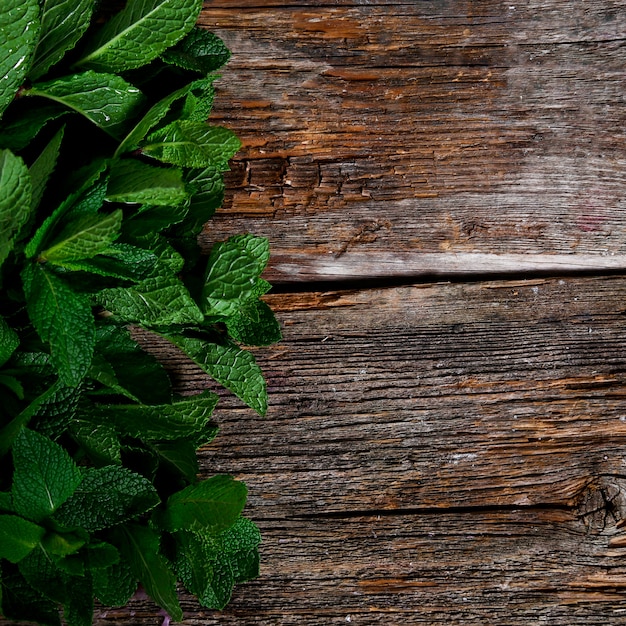
Peppermint, and mint in general, is a widely recognized herb, but it’s often just used for tea and flavor extracts. However, there are plenty of ways to utilize peppermint beyond its flavor, and it’s a favorite in many herbal collections.
If you live in a place with mild weather, growing different types of mint is quite easy, although it’s very invasive, so be cautious if you’re planting it as it can quickly take over your garden!
Peppermint is fantastic for digestion. It can help soothe and calm your digestive system whether you use it internally or externally. I often make my Digestion Tincture with it, which I rely on for morning sickness, motion sickness, and stomach aches. It’s quite effective for relieving gas, indigestion, and heartburn. It also relaxes nerves and boosts circulation. This tincture is my go-to for the first three months of pregnancy.
Peppermint leaf makes a delightful, soothing (and caffeine-free) tea that perks you up in the morning and aids digestion if you drink it after meals.
I use peppermint essential oil and peppermint tea as a natural remedy for headaches. I apply the oil to the back of my neck and temples and sip on the tea.
A mild peppermint tea, whether you drink it or add it to a bath, can help gently reduce a fever without needing medication and without disrupting your body’s natural illness-fighting abilities.
Nutritional Herbology suggests that peppermint has aromatic compounds that boost digestive fluids, relieve muscle spasms, improve blood circulation, reduce pain, encourage sweating, and have antiseptic properties. It also has astringent compounds that can reduce inflammation. Historically, peppermint has been used for indigestion, gas, mouth sores, loss of appetite, muscle cramps, nausea, morning sickness, and menstrual pain.
Peppermint can also enhance the effectiveness of other herbs or supplements taken alongside it. It makes a great tea, especially beneficial during pregnancy and for tooth remineralization since it contains calcium, magnesium, and phosphorus.
According to the American Botanical Council, peppermint helps with general indigestion and non-ulcer dyspepsia and is a comforting, warming after-dinner tea. The essential oil can be applied to the skin or mouth to relieve pain, and it’s known to help with the discomfort of colitis and colic. Peppermint leaf and oil are recognized in German E commission monographs for their use as a carminative and antibacterial agent. Many cultures even believe carrying a bit of peppermint can ensure safe travels.
I get my peppermint from Mountain Rose Herbs because they offer great quality and reasonable prices.
Do you use peppermint in your routine? What’s your favorite way to enjoy it? Share your thoughts!

